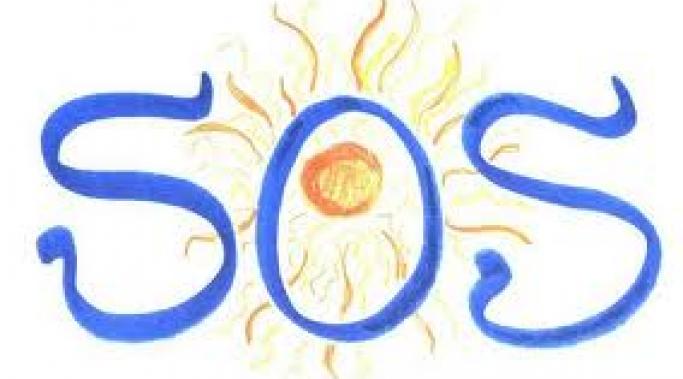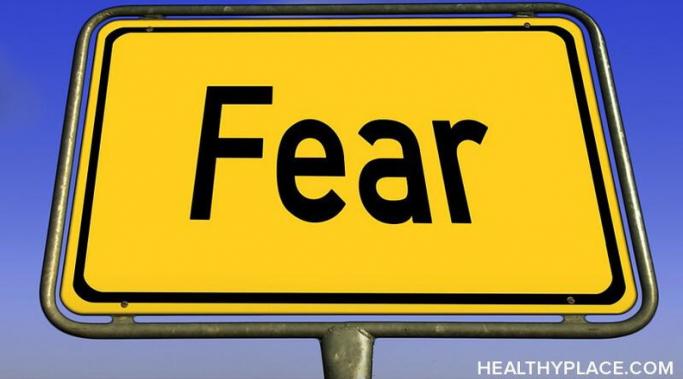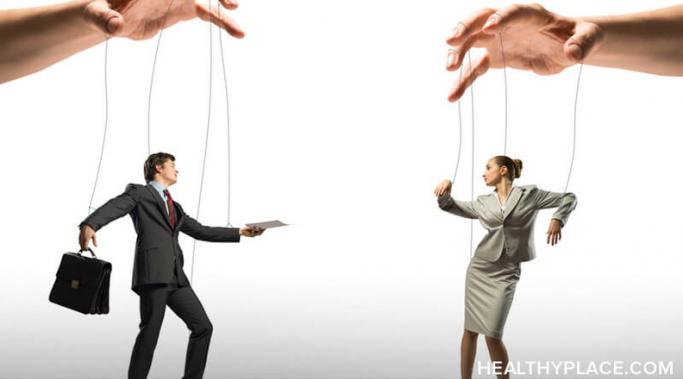I made up "Invalidation Anxiety" two weeks ago, as I wrote Too Anxious To Speak Up? And was fascinated how many people were sparked by my words and left a lively debate in the comment section. We seem to have all been in situations when people have ridiculed or downgraded us.
Some readers were adamant that it is a must for our mental health that we should never allow anyone to be mean, take advantage, or criticize us without standing up for ourselves. I totally agree. But my definition of "allow" might be different!
Anxiety Symptoms – Anxiety Schmanxiety
Has any of you been too anxious to speak up?
I have. So many times in my life! In the past, when I have spoken up for myself, I have been treated like I am overreacting. This has made me anxious to speak up the next time.
People had called me crazy, critical, over-reactor, and ridiculous. They have told me to "calm down," and relax, making it look like my fault instead of acknowledging the injustice done to me. This is a tactic of power. It undermines the protests and does a great job of shutting me up. Exactly what that person wants. To ward off more resistance.
Anxiety never comes out of the blue, as much as it seems that it does. There is always a context to it, an anxiety trigger. Always some perception of vulnerability that triggers the physiological response and the emotional response. But have you wondered why we get anxiety in the first place?
How Do We Get Anxiety?
Anxiety can be recruited into our lives in a variety of ways, but usually something happens to us that makes us feel vulnerable. It could be something like a traumatic experience: sexual abuse, war, being mugged, a car accident, etc. Or it could be something else, like an illness (from the flu to cancer), having a conflict, a break up, embarrassment, hearing a scary story, etc.
What is anxiety? People in our culture want to get the definition right. They want to know exactly what they have so they can do something about it. Many times people feel the sympathetic nervous response (the "fight or flight" response beginning with the hormone release from our adrenal glands that increase heart rate and breathing, and gives a burst of energy to our muscles: Biology of Fear) but don't call it anxiety. They call it stress or discomfort. That is fine! It doesn't matter what we call it, we can still do something about it!
I find the concept that fears can be assessed as rational or irrational hilarious. Does this mean some fears are valid and other are not? How do we know which fears are legitimate, rational, right?
Say, your mother has cancer and you are afraid of her dying. Is that considered a rational anxiety, because she actually might die? Everybody is going to die. Fear of one’s mom dying is actually a fear of being afraid when mom is dying, or most accurately fear of not be able to handle the anxiety when mom dies. Is that rational?
Yes, control issues can cause anxiety, but it is much more complicated than that. Anxiety has us feel like we are “out of control.” This is one of its biggest tricks it has to stay in power over us. It is important for us to see how it makes us feel “out of control,” because once it is visible we can do something about it.





